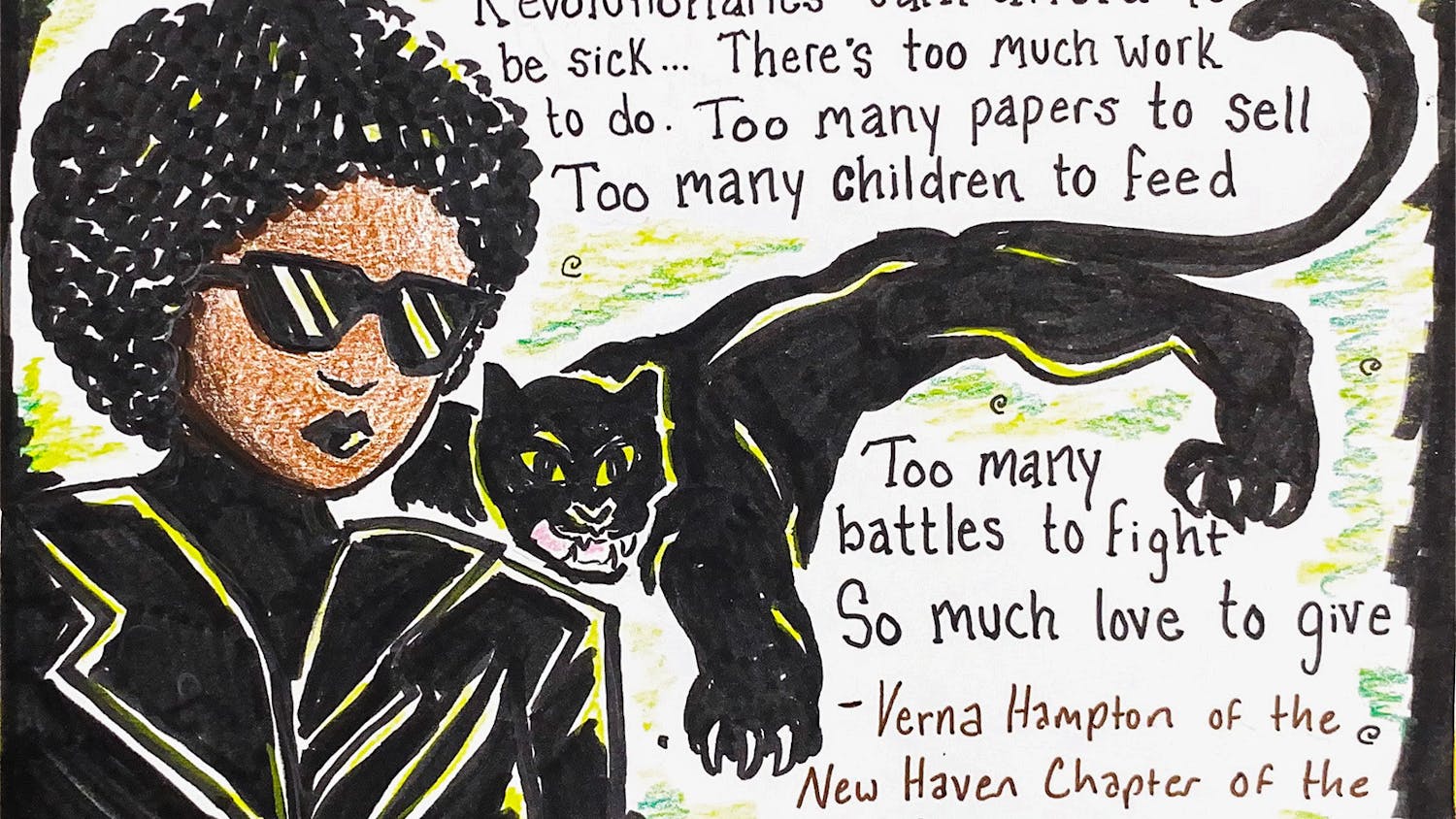(08/24/20) Editor's note: A previous version of this story stated in error that El Centro de la Raza ethnic center was a confidential advocate location and that staff who work there are not required to report to OEO or law enforcement. There are only four locations on campus that are categorized as confidential advocate locations: LoboRESPECT, LGTBQ Resource Center, Women’s Resource Center, and the Vassar house.
The U.S. Department of Education announced a series of controversial changes to Title IX — a civil rights law prohibiting sex discrimination at federally funded educational institutions — a little over three months ago. Under the new regulations, colleges are now required to hold live hearings in sexual assault and harrassment cases and must allow for cross-examination.
The University of New Mexico hosted a virtual town hall on Friday that addressed those regulations — among other new, contentious requirements — and how UNM is responding.
Hosted by Angela Catena, UNM’s Title IX coordinator with the Office of Equal Opportunity (OEO), Friday’s town hall featured one faculty member and three advocacy center staff members who emphasized that the new regulations will not affect the services and support they provide students.
“Although these regulations do feel quite — I’m just going to say it, they feel gross, right? Everybody wants to throw up in their mouth a little bit about it, and that’s not a joke, really,” Lisa Lindquist, the director of the LoboRESPECT Advocacy Center, said. “But we pride ourselves in knowing that we can help support folks through this process and that these regulations, although they feel that way, are not going to change the ways in which we continue to work and work through our process as confidential support folks.”
The mandates also limit the range of complaints colleges are required to investigate by defining sexual harassment as “unwelcome conduct” that is “so severe, pervasive and objectively offensive that it effectively denies a person equal access to education.”
The new regulations have been condemned by women’s advocacy groups, leading Democratic politicians and some college students. Students for Survivors, a campus advocacy group at the University of Cincinnati, sent a letter to their university president that “underscored the ‘devastating consequences’ that implementing the new regulations would have on victims of sexual assault,” according to an Inside Higher Education report.
Armando Bustamante with El Centro de la Raza, Caitlin Rebecca Henke with the Women’s Resource Center and Africana studies and foreign language professor Stephen Bishop — who is also part of Faculty SAFE UNM — shared Lindquist’s sentiment about their continued commitment to advocating for students, particularly those in marginalized communities, like undocumented students.
While multiple offices and advocacy centers across the University have worked together over the past 100 days to put the new regulations in place, the OEO has tried to implement the changes in a way that respects survivors, according to Catena. For instance, accusers don’t have to be in the same room with the person they’re accusing during live hearings.
Catena said she’s talked with people at numerous colleges throughout the country and said UNM is “ahead of the game.”
“We have been working really hard to make sure we can support our folks, even with a process that we know is not enjoyable and might be retraumatizing for some people,” Catena said.
Henke and Lindquist pointed out that the two advocacy centers they represent are categorized as confidential advocate locations, meaning they are generally not required to report to OEO or law enforcement.
Get content from The Daily Lobo delivered to your inbox
Unlike the advocacy center staff at LoboRESPECT and the Women’s Resource Center, faculty members and teaching assistants are mandatory reporters. In other words, they are required to pass along reports of sexual abuse and misconduct they receive from students. Bishop spoke about the work Faculty SAFE is doing around that issue.
“I want to encourage people to recognize that there is a group of faculty out there that are trying to work on some of these issues, and if you have ideas, questions or suggestions, we’re more than open to them,” Bishop said.
Bishop, who is also on UNM President Garnett Stokes’ Task Force on Institutional Ethics and Integrity, said the task force did research on the topic of consensual relationships on campus earlier this year. He said he received valuable feedback from undergraduate and graduate students.
“That feedback was amongst the most valuable for us in making some of the decisions we made, so I just want to emphasize with the students that we very much want to listen to and will listen to you,” Bishop said.
The town hall ended with a Q&A session during which an attendee asked why Stokes is unable to openly condemn the changes.
Catena said the Title IX changes have the force and effect of law whether people agree with them or not, and the Trump administration has already threatened loss of federal funding for schools that don’t comply.
She did, however, add that the University now has to take the opportunity to reflect on how to continue providing vital support for survivors, regardless of the widely panned modifications to Title IX regulations.
“I think having all of these places (advocacy centers) where folks can go really does speak to the institution recognizing a need that goes beyond just these regulations,” Catena said. “Unfortunately, our hands are tied with having to comply, but the work is only now beginning.”
Bella Davis is a senior reporter at the Daily Lobo. She can be contacted at news@dailylobo.com or on Twitter @bladvs






